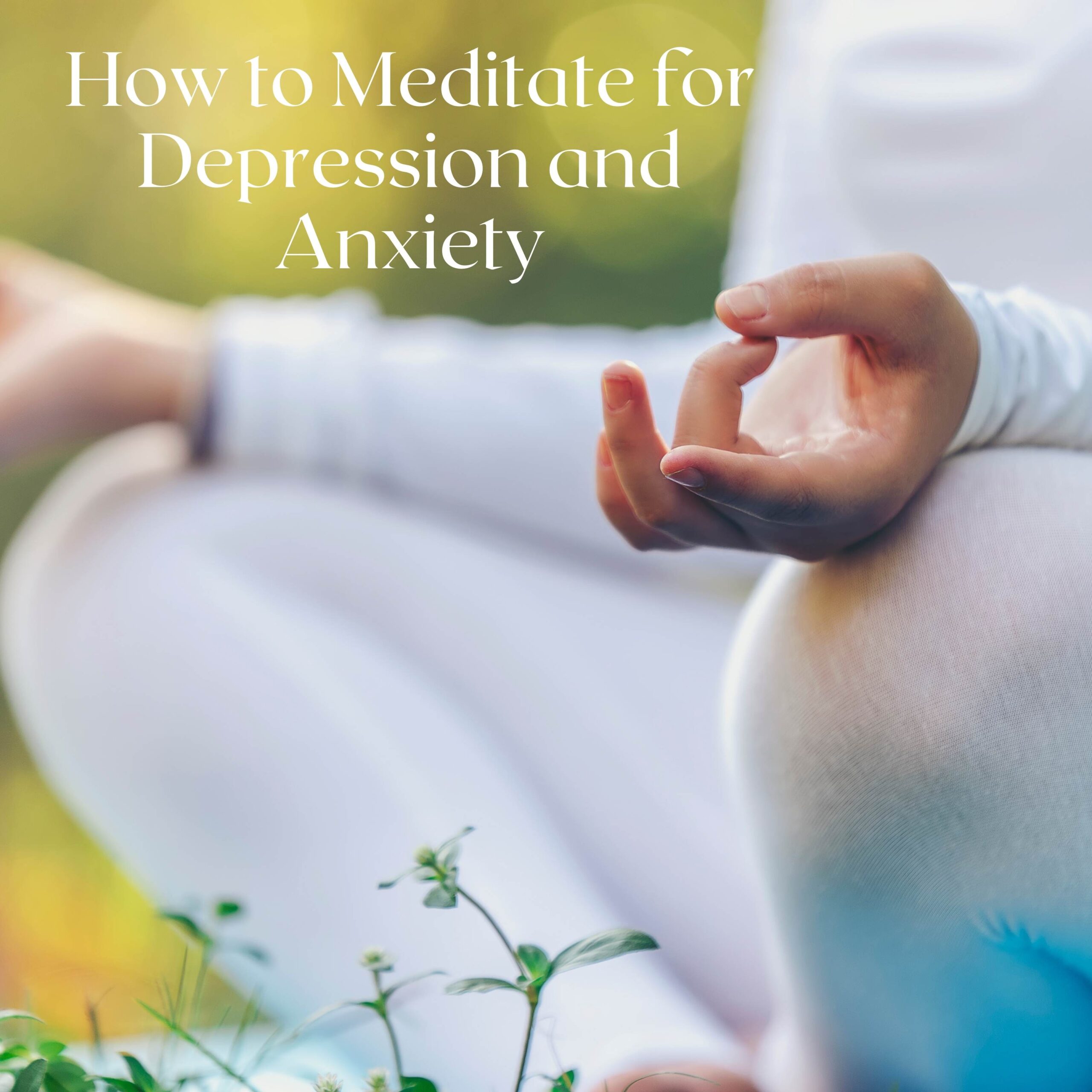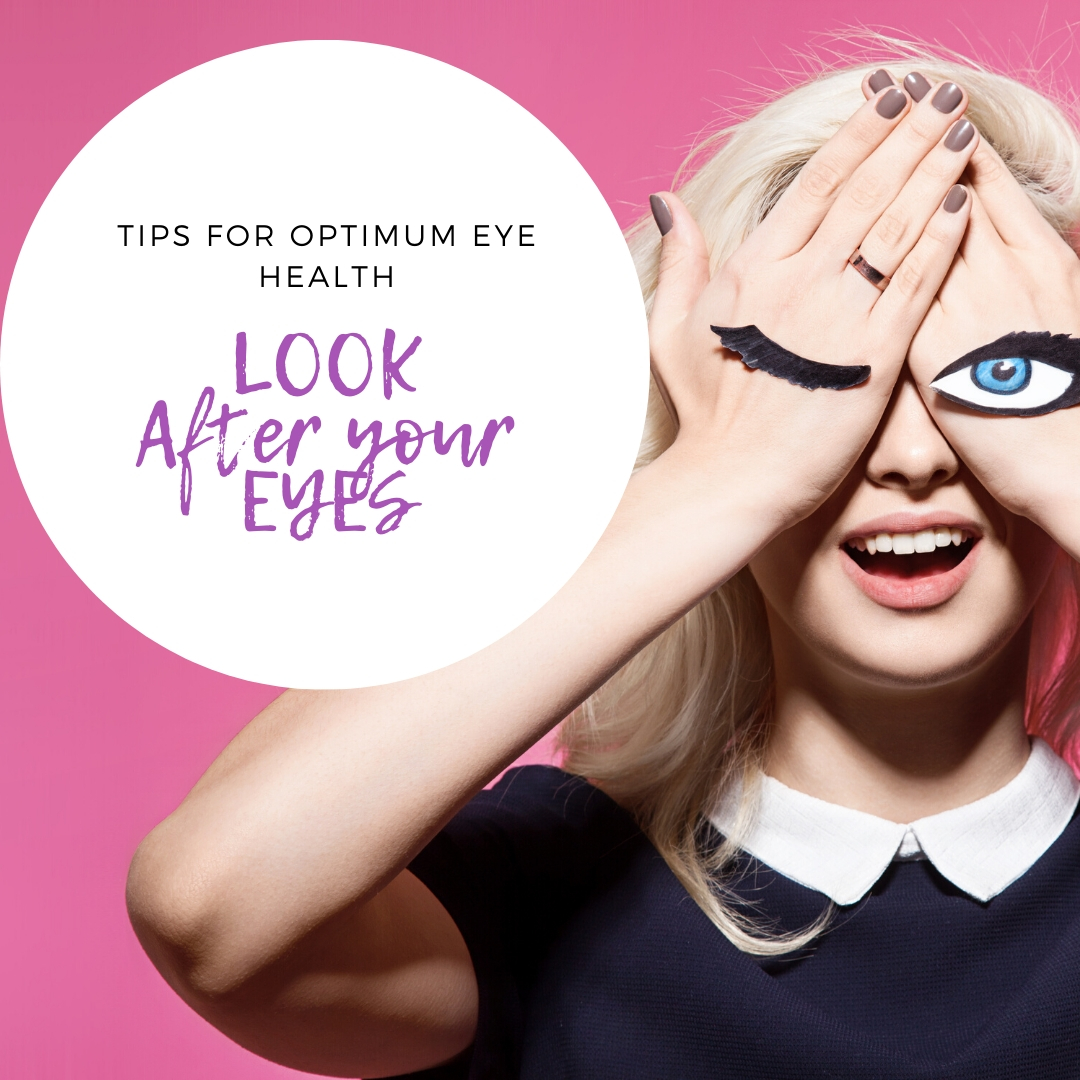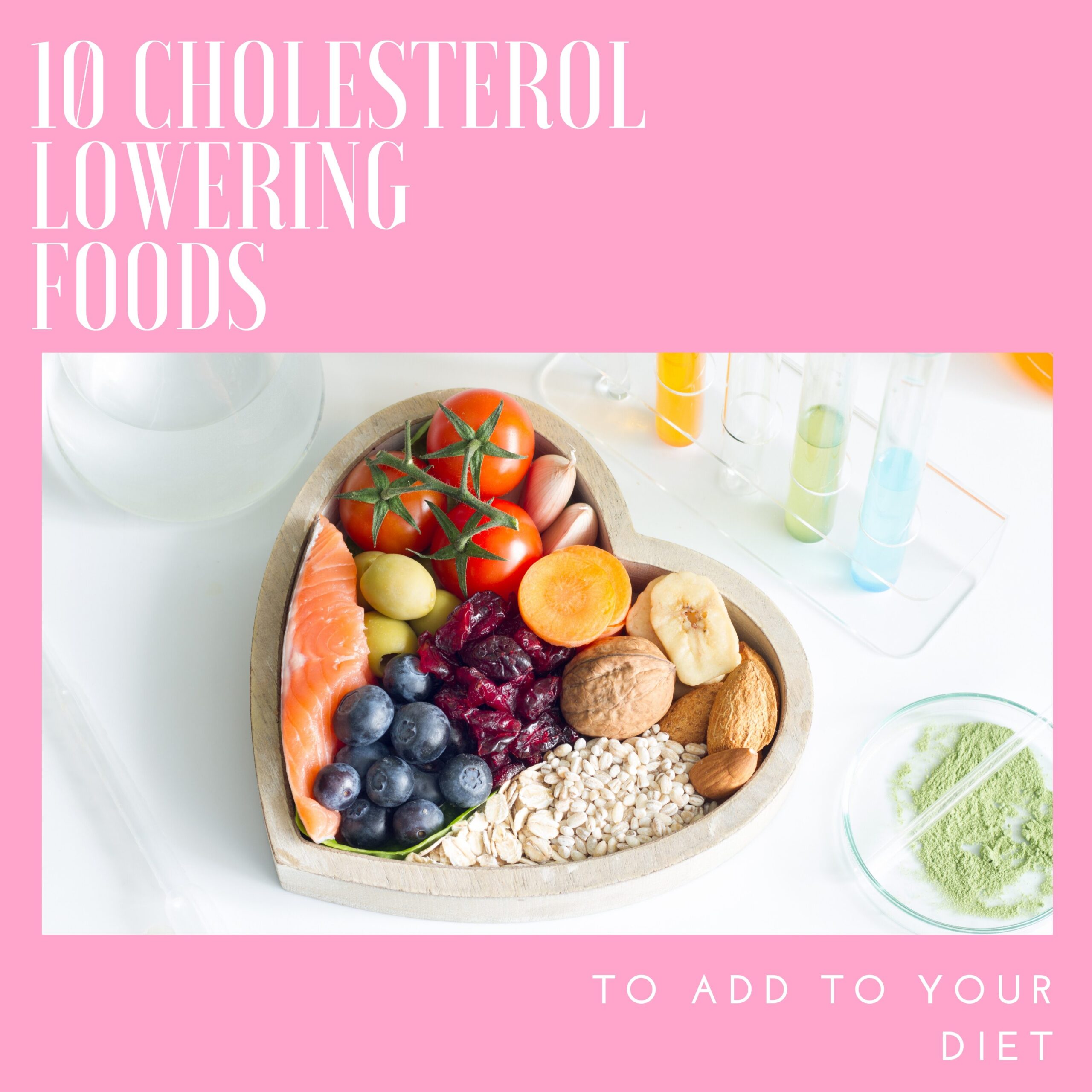
Keep Your Defenses Strong
By Joanie in Health Tips, Lifestyle Tips on 25 November 2020
As the Coronavirus pandemic continues, one of our most important priorities should be keeping our immune system strong and healthy. The immune system consists of cells, tissues and organs that work together to maintain overall health and protect the body against infection. You can help keep your immune system strong by not only ensuring you are getting enough vitamins and minerals but by also avoiding habits and behaviours that can weaken your immune system.
Here are five habits to be mindful of as you work on boosting your body’s defenses.
1.) Avoid too much Alcohol– In a paper published in the journal Alcohol Research, researchers note that there’s been a long-observed relationship between excessive alcohol intake and a weakened immune response. The effect includes an increased susceptibility to pneumonia, and a greater likelihood of developing acute respiratory stress syndromes (ARDS)—factors that could potentially impact COVID-19 outcome. If you find yourself drinking too much, cut back to a moderate amount of no more than one drink per day for women or two for men.
2.) Curve your Sweet Tooth– High sugar intake can wreak havoc on your body and lead to some of the most serious health conditions there are such as: heart disease, diabetes, obesity and cancer. It can also take a toll on your oral health and mental health. A study published in The American Journal of Clinical Nutrition found that after an overnight fast, humans fed 100 grams of sugar experienced a reduction in the ability of immune cells to engulf bacteria. You don’t need to cut it out sugar completely, just limit the amount you have to ensure optimum health.
3.) Not Getting enough Fibre – Fibre is probably best known to normalise bowel movements and promote a healthy gut. However, it also provides other health benefits such as maintaining a healthy weight, lowering cholesterol and controlling blood sugar levels. Research shows that a higher intake of dietary fiber and prebiotics also supports healthier immune function, including protection against viruses. The best way to upgrade your fiber intake is to eat more whole foods, including vegetables, fruit, whole grains, pulses (beans, lentils, peas, chickpeas) nuts, and seeds.
4.) Not Eating enough Fruits & Vegetables– Making sure you eat plenty of fruits and vegetables is one of the best ways to improve your health and keep your immune system strong. This is because a good intake of fruits and vegetables will provide you with a plethora of health benefits including fibre, vitamins, minerals and plenty of antioxidants. By ensuring that you consume these every day, your body will feel more satisfied since its getting the essential nutrients that each cell requires to function properly and fight off infections.
5.) Caffeine Overload– Coffee and tea are health-protective, due to their high levels of antioxidants linked to anti-inflammation. However, too much caffeine can interfere with sleep, and that result can increase inflammation and compromise your immune system.









